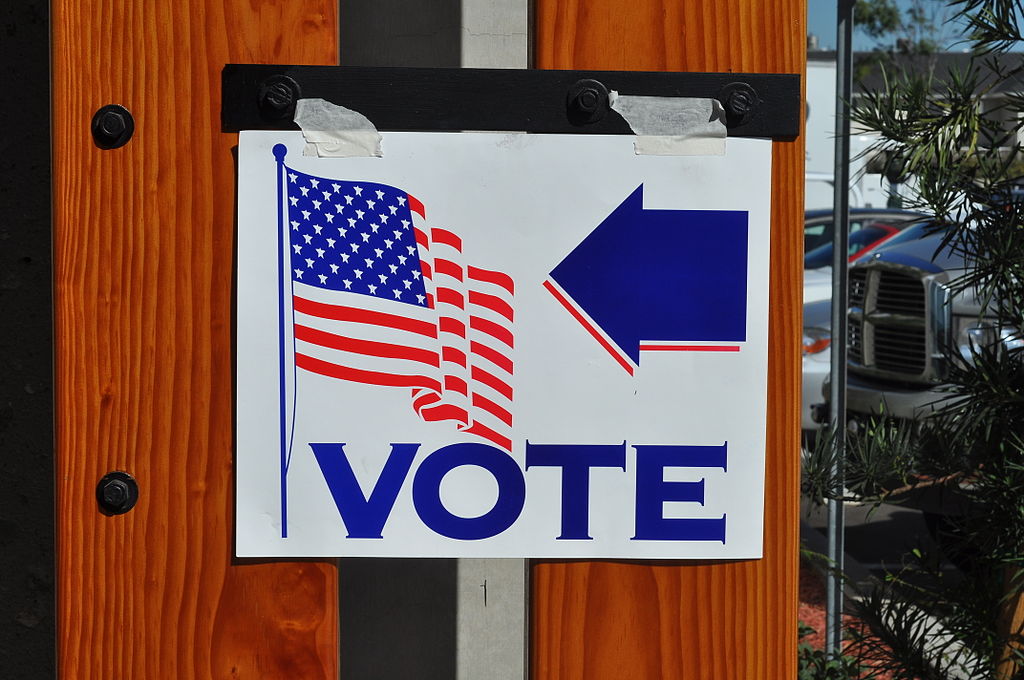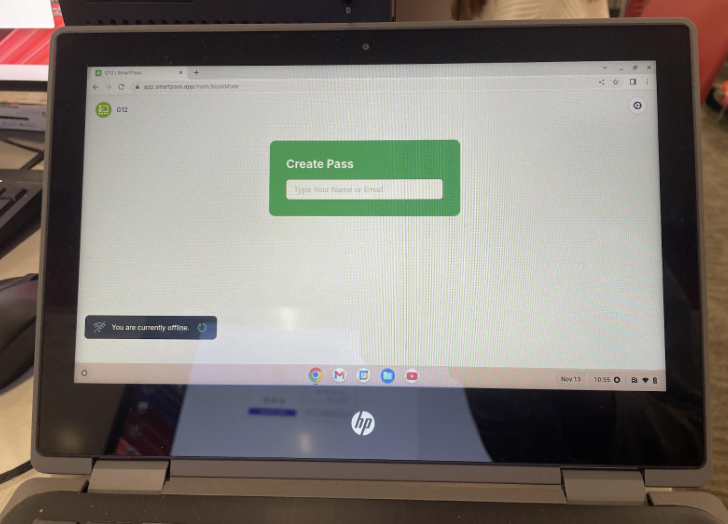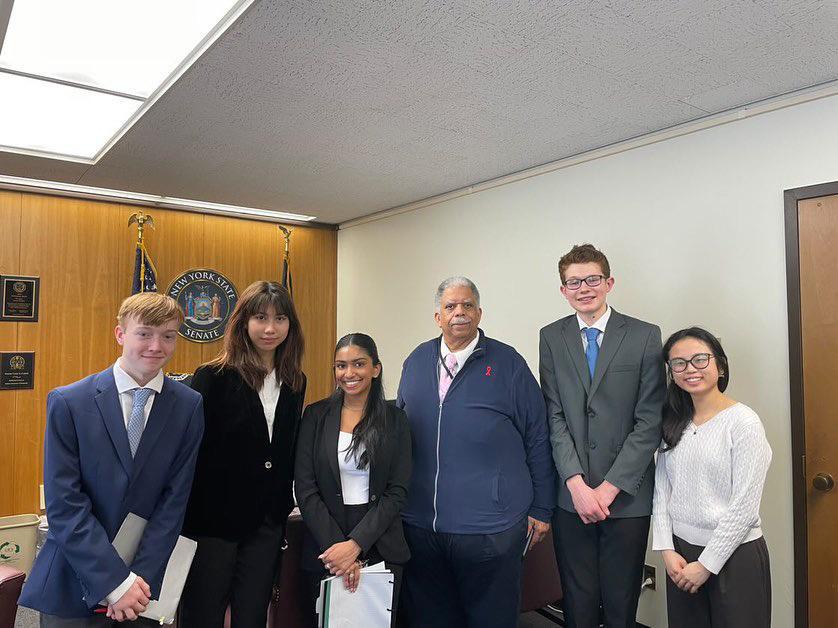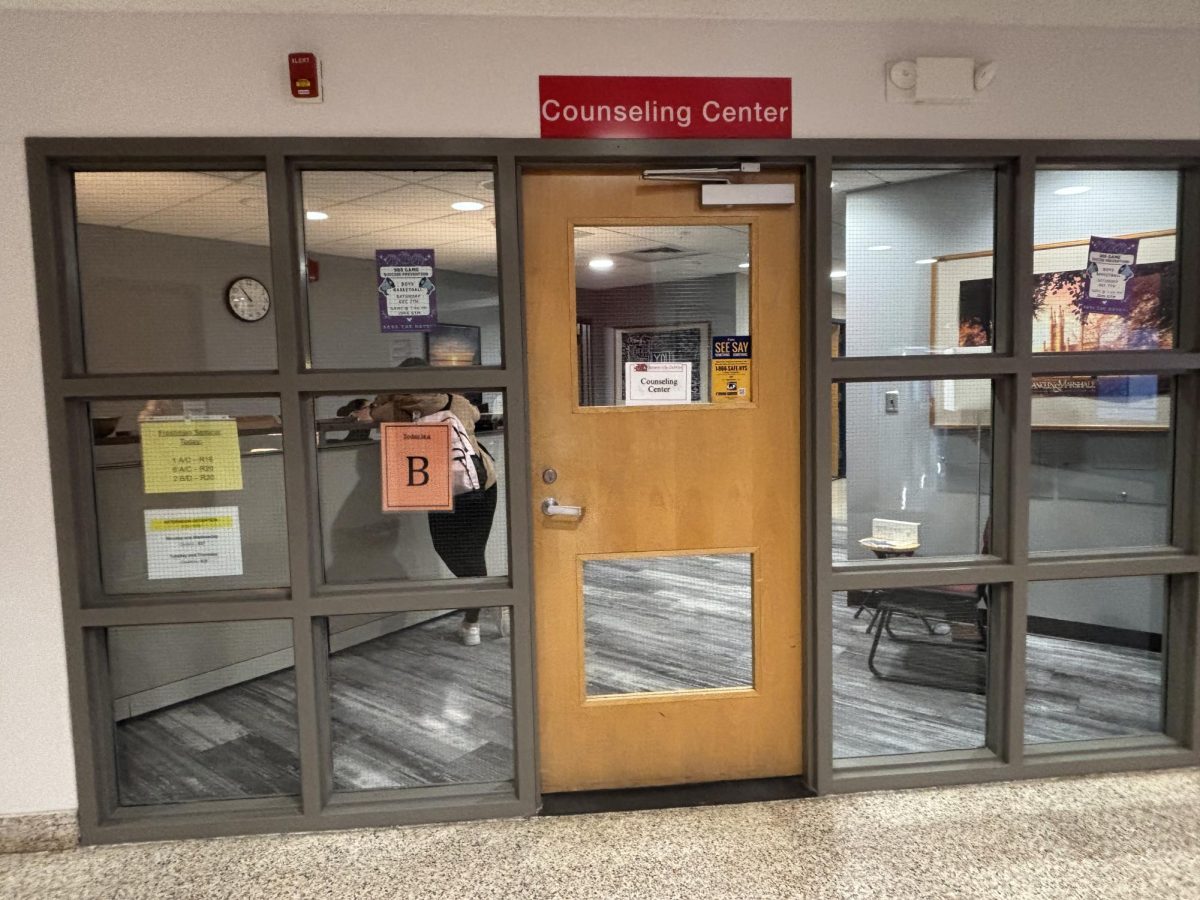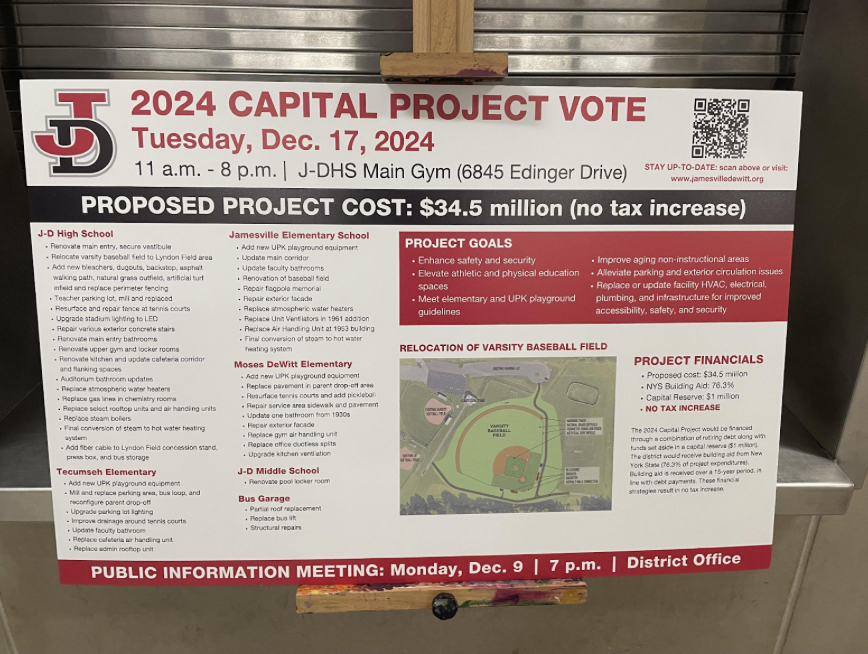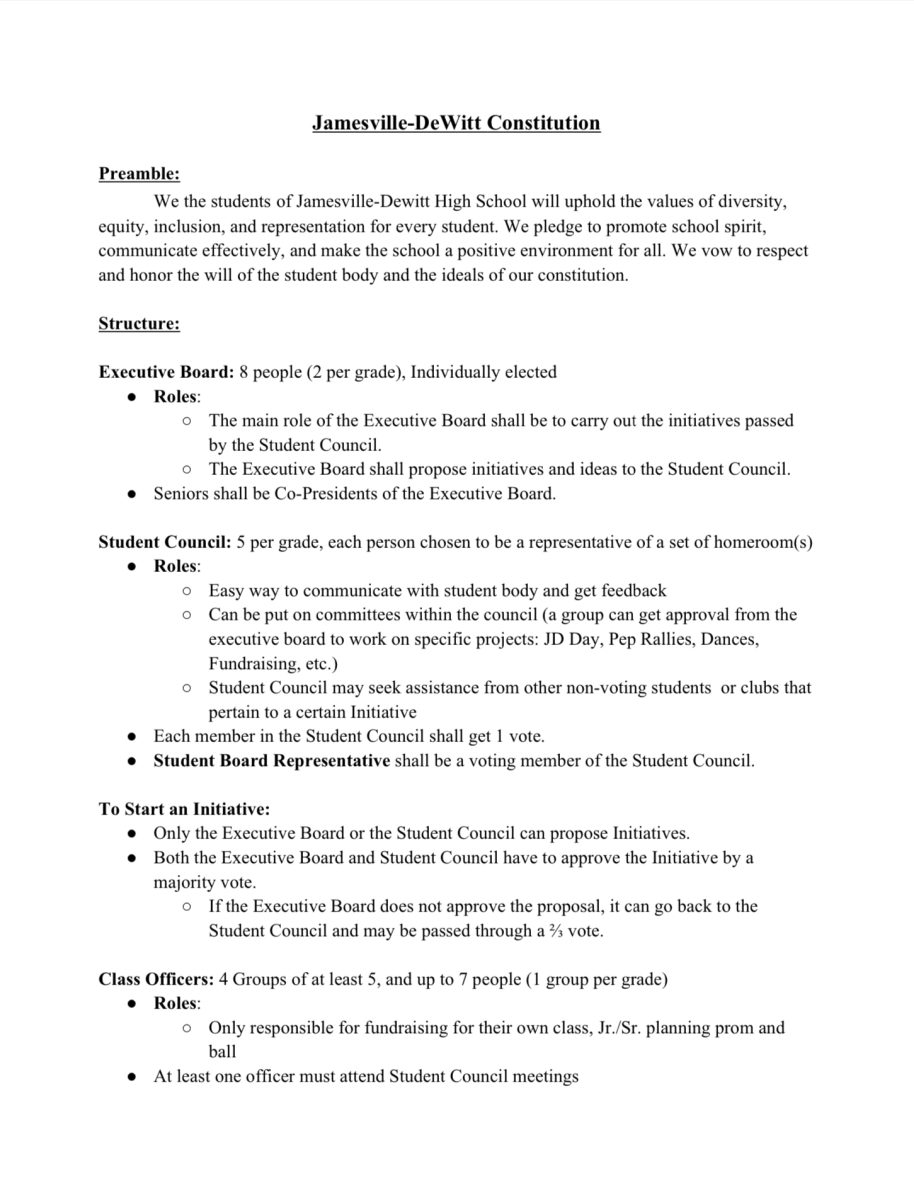On the role of a School Board member
When you step back and rather than go through and answer each question individually one of the things that I intend to highlight tonight is what our roles and responsibilities as board members actually are. So the role of a school board member really is fulfilled by performing five responsibilities: setting directions, establishing an efficient structure, providing support for the superintendent, ensuring accountability, and providing community leadership as advocates for the children of the district — specifically J-D. When you look at the responsibilities of a board member, simply put, hiring and firing the superintendent, setting and working within the annual budget, approving contracts with teachers and outside venders, establishing the vision for the district, and expanding the district within itself. So in short, a board member really determines the direction a school district will be taking. We are basically the public component of public schools. We’re representing the community and the public.
What is your main goal for the Board?
I don’t have an finite agenda like other board members do. As I said when you look at the roles and responsibilities, it is to support the board as a whole, to be the voice of the constituency for the better. When you look at the town of DeWitt, there are 25,500 residents. So there are 25,500 voices that need to be heard, understood and interpreted to enable to craft what the vision is for the overall district. So I don’t personally have an agenda. My responsibility is to work with the other board members as a collective whole to continue to move J-D forward in a positive fashion.
What is the most pressing issue facing the district?
There is no pressing issue that I am aware of other than one of the pieces that keeps coming back, the taxation, school taxes. Right now there is certainly the cry of “I’m paying too much in taxes.” When you look a the J-D budget, we’re already into reserves, and we’ve been very careful not to raise taxes greater than they need to be. In the last ten years the annual budget has increased by approximately two percent per year which is actually under the inflation rate. So really the challenge is how we continue to finance everything appropriately.
On the referendum to add a student representative to the Board
I’ve been to several board meetings. It’s been brought up and it’s certainly an opportunity. Because as a board we are representing the community at large. We are representing your parents, but it is representing the students as well. And if students have the opportunity to join the board and represent the school body, then why wouldn’t you want to have that voice?
Who should have the final say in what is published in a school paper?
I have taken the time to look at the RamPage and frankly I’m impressed. I think you guys have done an exceptional job and I actually enjoy reading the articles. And not knowing the specifics of your questions, without knowing the authority that administrators are exercising, I would say that in good consciousness, having an extra set of mature eyes, looking over your shoulder is not necessarily a bad thing.
Whose opinions should carry the most weight in establishing school policy?
As a board member representing the community, it seems to me that if you had to break it up three ways, 33.3%, 33.3%, and 33.3% someone is going to get the extra .01%. That should always be the school community as a whole. I would say equal because the position of the board is almost as if you’re the pivot point, the center of a bicycle wheel. Air is flowing through to help drive the engine, or drive the bike forward. It’s a challenge, to be honest. I would argue that being a board member is a underappreciated position. As a good friend said to me, you have the opportunity to affect positive change for your two boys who are currently in the district, so why wouldn’t you run for the board? And my response was quite frankly, “I don’t want half of the community to hate me.” Because there are always going to be two sides to every conversation. One person may believe the sky is blue, another may believe it is [something else]. So I think that they may both believe they are more right than the other. So how do you digest that, how do you interpret that? How do you allow that to manifest itself on common ground? And these are the challenges. You can please most of the people most of the time, but not all of the people all of the time.
What is your position on the Journalism Free Speech Act?
That’s a great question, unfortunately at this time I’m not educated enough regarding that act to be able to comfortably comment.





























